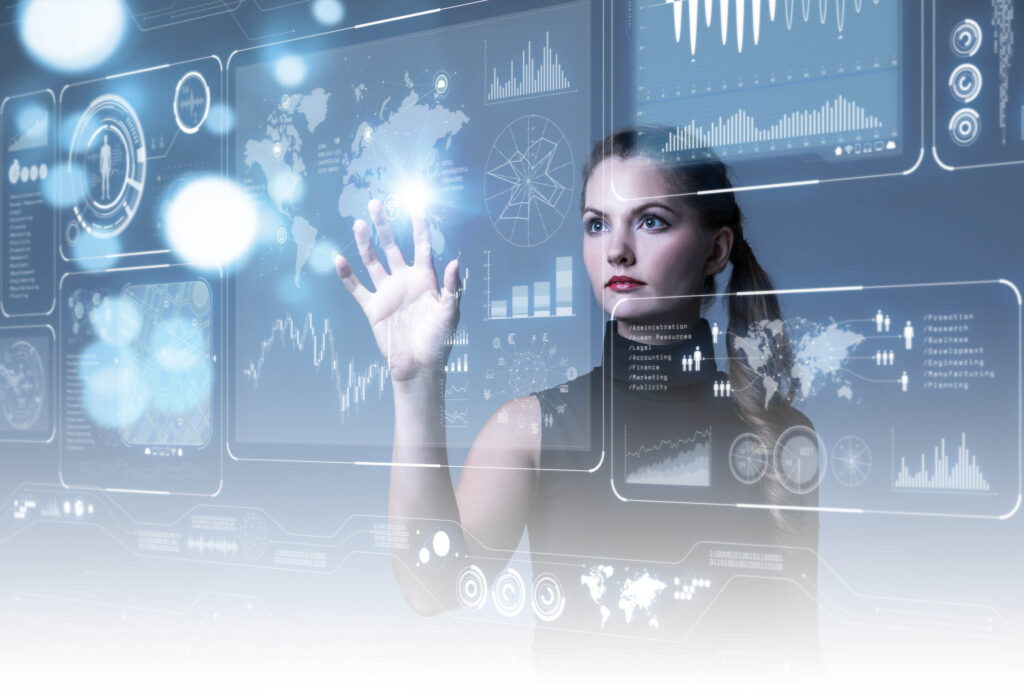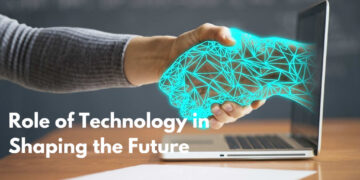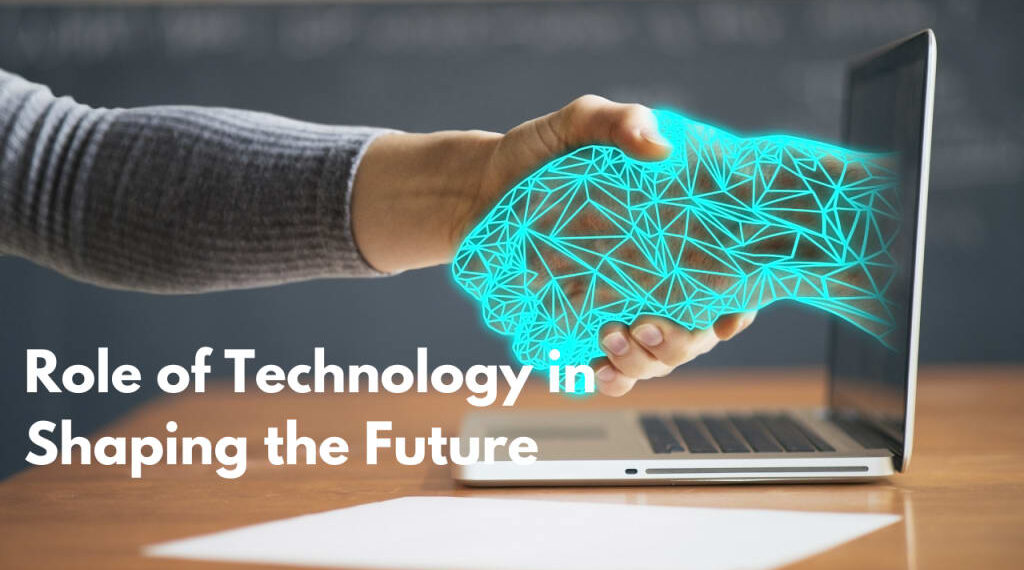Technology has always been at the center of human progress, but in today’s world it is evolving at a speed that feels almost impossible to keep up with. Every year, new innovations are introduced that not only make our daily lives easier but also change the way businesses, governments, and societies function. What makes the present moment so unique is that multiple breakthrough technologies are advancing simultaneously, from artificial intelligence to renewable energy, from 5G connectivity to smart wearables. Together, they are transforming the way we live, work, and interact. This wave of change is not happening in one part of the world alone; it is a global revolution that is reshaping everything around us.
Artificial intelligence has become one of the most talked about innovations in recent years. While AI was once something we associated with science fiction movies, today it is part of our everyday reality. From personalized recommendations on Netflix to virtual assistants like Siri and Alexa, AI is influencing even the smallest details of our routines. In business, AI is automating customer service through chatbots, analyzing massive data sets to guide decision-making, and even helping doctors diagnose diseases with greater accuracy. The rise of AI tools like generative chat systems, image creators, and automated writing assistants has shown us how this technology can empower individuals and organizations to work more efficiently. While there are valid debates around the ethical use of AI, its potential to save time, cut costs, and bring more innovation into everyday life is undeniable.
Alongside AI, the world of communication is being completely transformed by 5G technology. Faster internet is no longer just about streaming videos without buffering; it’s about creating a foundation for the Internet of Things, autonomous vehicles, and smart cities. With 5G, devices can communicate with each other instantly, allowing us to imagine a world where your car talks to traffic lights, your fridge talks to your grocery app, and your smartwatch communicates directly with your doctor’s office. This hyperconnectivity is laying the groundwork for a more seamless lifestyle where technology works quietly in the background, anticipating needs and solving problems before we even notice them.
The future of technology is also tied closely to the future of sustainability. With the effects of climate change becoming more visible each year, innovation in green technology has taken on critical importance. Companies around the world are now investing heavily in renewable energy sources like solar, wind, and hydropower, while engineers are working on electric vehicles that are more affordable and energy-efficient. Smart grids are being developed to manage electricity more intelligently, reducing waste and improving reliability. On a smaller scale, consumers are embracing eco-friendly gadgets like solar-powered chargers and energy-efficient appliances. This shift toward sustainable technology shows how innovation can be aligned with the well-being of the planet, ensuring progress does not come at the expense of the environment.
Another exciting space where technology is advancing rapidly is healthcare. The global pandemic accelerated the adoption of telemedicine, making virtual doctor visits a normal part of healthcare. Wearable devices such as fitness trackers and smartwatches are now capable of monitoring heart rates, sleep cycles, and even detecting irregularities like atrial fibrillation. These tools empower individuals to take control of their health, while giving doctors access to real-time data for better diagnosis and treatment. Breakthroughs in biotechnology, such as gene editing and personalized medicine, are also opening doors to treatments that were unimaginable just a decade ago. This integration of technology into healthcare has the potential to increase life expectancy, improve quality of life, and make medical care more accessible across the globe.
Technology is also redefining the workplace. Remote work, once seen as a temporary adjustment during the pandemic, has now become a permanent feature for many organizations. Collaboration tools like Zoom, Microsoft Teams, and Slack have become staples of professional life. Beyond communication, companies are using AI-driven software to manage projects, track productivity, and even predict employee turnover. Virtual reality and augmented reality are being tested for training employees, hosting virtual conferences, and creating immersive learning experiences. The future workplace is no longer limited to an office building; it is a flexible, technology-driven environment where individuals can contribute from anywhere in the world. This shift is not only changing the dynamics of employment but also opening opportunities for people who were previously limited by geography.
Education is another sector experiencing a technological revolution. Online learning platforms, digital classrooms, and AI-driven tutors are making education more accessible than ever before. Students can now access quality education from remote areas, breaking down barriers of distance and resources. Interactive tools, gamification, and virtual simulations are enhancing the learning experience, making it more engaging and personalized. Teachers are using technology to track student progress in real-time, allowing for interventions that are tailored to individual needs. This integration of technology into education ensures that learning is no longer restricted to textbooks and classrooms but is instead a dynamic and interactive journey.

The entertainment industry has also been completely reshaped by technology. Streaming platforms, virtual concerts, and online gaming communities have changed how we consume media and connect with others. Advances in virtual reality and augmented reality are bringing immersive experiences into our homes, allowing users to step into alternate worlds for gaming, learning, or even socializing. The rise of digital art and NFTs has also opened new possibilities for creators to showcase and monetize their work. This democratization of content creation and distribution has given rise to a global creative economy where anyone with internet access can reach audiences worldwide.
While the benefits of technology are undeniable, it is equally important to address the challenges it brings. Issues such as data privacy, cybersecurity, misinformation, and the ethical use of AI are significant concerns that society must navigate carefully. As more of our lives move online, protecting personal information and ensuring digital security become critical. Governments, businesses, and individuals all have a role to play in creating a safe and trustworthy digital environment. Moreover, as machines become capable of performing tasks traditionally done by humans, concerns about job displacement and inequality need to be addressed through education, reskilling, and inclusive policies.
Looking ahead, the future of technology is both exciting and uncertain. Innovations like quantum computing, brain-computer interfaces, and space exploration are pushing the boundaries of what was once thought possible. Imagine computers solving complex problems in seconds that would take today’s systems years, or individuals controlling devices with their thoughts. These advancements, while still in their early stages, give us a glimpse of the extraordinary potential technology holds. At the same time, they remind us of the responsibility to guide innovation in a direction that benefits humanity as a whole.
In conclusion, technology is not just shaping the future; it is shaping the present in ways that are already visible in our daily lives. From AI and 5G to renewable energy and healthcare breakthroughs, innovation is creating a world that is more connected, efficient, and sustainable. While challenges remain, the opportunities are vast and inspiring. The key lies in using technology thoughtfully, ensuring it serves people rather than replacing them, and aligning progress with values like sustainability, inclusivity, and ethics. The journey of technological advancement is far from over, and if the past few decades are any indication, the next chapter will bring changes that are beyond our imagination. What is certain, however, is that technology will continue to be the driving force of progress, guiding us into a future filled with possibilities.
















